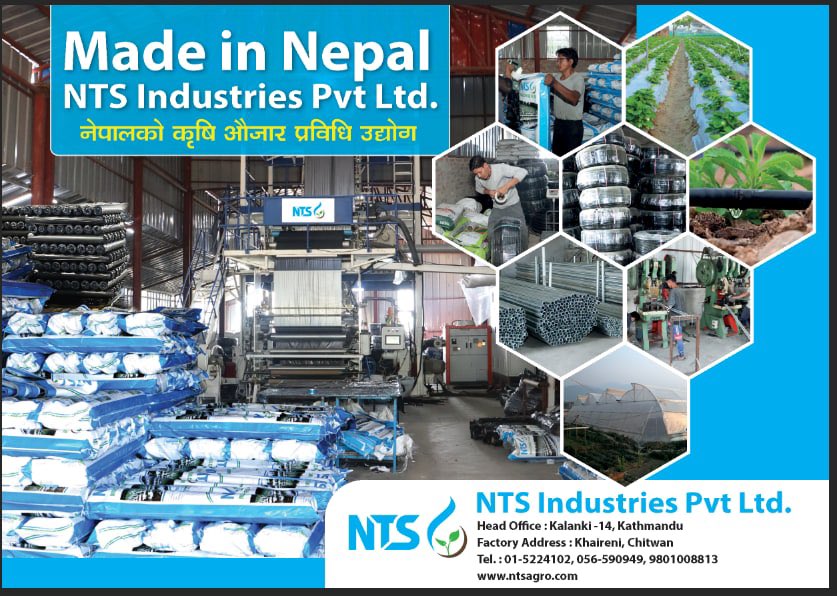 The international code of conduct on pesticide management is a voluntary framework of guiding government regulators, the private sector, civil society and other stakeholders on best practice in managing pesticides throughout their lifecycle. Dr. Yongfan Piao, Senior Plant Protection Officer of FAO as well as Secretary of APPPC said that it covers every aspects of pesticide management from production to disposal. It has been endorsed by the FAO members, and supported by key pesticide industry associations and civil society organizations. The fourth version of the Code has been approved by the 38th FAO conference in June 2013. The Asia and Pacific Plant Protection Commission (APPPC) of FAO has provided a number of significant technical assistances to improve capacity of member countries in pesticide risk reduction. The regional workshop on pesticide management (26-30 Jan. 2015, Nepal) aims at helping participating countries to raise awareness on the new provisions in the amended Code of Conduct, share experiences with the life-cycle management of pesticides and assist countries to address their obligations under the Code of Conduct.
The international code of conduct on pesticide management is a voluntary framework of guiding government regulators, the private sector, civil society and other stakeholders on best practice in managing pesticides throughout their lifecycle. Dr. Yongfan Piao, Senior Plant Protection Officer of FAO as well as Secretary of APPPC said that it covers every aspects of pesticide management from production to disposal. It has been endorsed by the FAO members, and supported by key pesticide industry associations and civil society organizations. The fourth version of the Code has been approved by the 38th FAO conference in June 2013. The Asia and Pacific Plant Protection Commission (APPPC) of FAO has provided a number of significant technical assistances to improve capacity of member countries in pesticide risk reduction. The regional workshop on pesticide management (26-30 Jan. 2015, Nepal) aims at helping participating countries to raise awareness on the new provisions in the amended Code of Conduct, share experiences with the life-cycle management of pesticides and assist countries to address their obligations under the Code of Conduct.
Encouraging farmers to grow healthy crops through ecological approaches to prevent the spread of crop pests will help to reduce reliance on pesticides and other external inputs with ensuring economic, health and environmental benefits for farmers and consumers. Dr. Dilli Ram Sharma, Program Director of Plant Protection Directorate and the National IPM Program Coordinator, said that Nepal has implemented national IPM program for many years with technical assistance of FAO and financial supports from donor countries. The IPM program facilitated IPM farmer field schools and a large number of farmers and extension staff have been trained with knowledge of agro-ecology and practical skill of IPM. The IPM farmers received economic, health and environmental benefits from the practice by reduction of pesticide risks and growing healthy crops, it also promoted national GAP initiatives in the meanwhile. Similarly, he said that PPD has opened a Rapid Pesticide Residue Analysis Laboratory in Kalimati vegetable whole sale market and showed excellent result and encourage us to open in different places. Therefore, recently PPD is going to open these types of laboratories in different 6 places of Nepal to minimise the residue of agri products. – Dilliram Sharma , Program Director of PPd






Add Comment